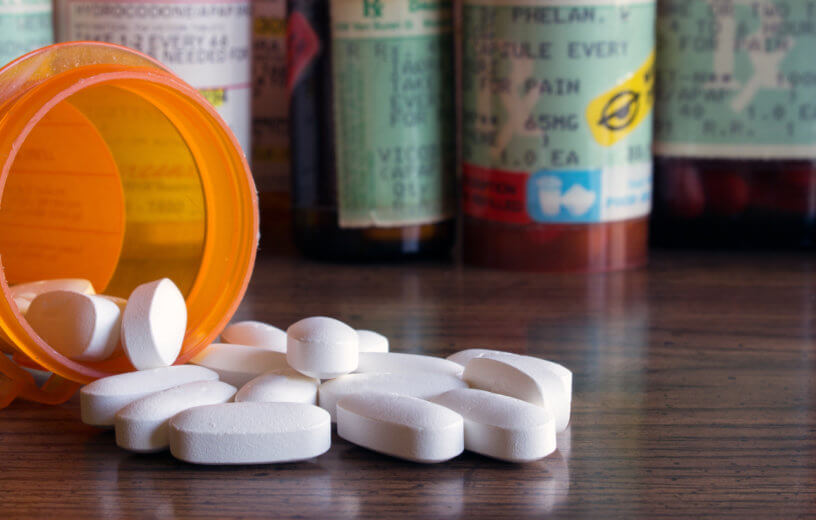CHICAGO — Many doctors have raised concerns over the past few months that a popular variety of blood pressure drugs — ACE inhibitors and angiotensin receptor blockers (ARB) — may be raising users’ susceptibility to COVID-19. Now, a new study from Northwestern University disputes that claim.
In experiments conducted with mice, researchers say that these types of hypertension drugs do not increase the risk for developing severe COVID-19 symptoms. They also don’t boost one’s odds of dying from the coronavirus.
Where did this idea come from in the first place? ACE inhibitors and ARBs were suspected of sparking elevated production within the body of ACE2, which is the main receptor for SARS-CoV-2 (the virus that causes COVID-19). If this was indeed the case, these drugs may raise one’s risk of suffering a severe coronavirus infection.
But, this research actually shows a decrease in ACE2 within the rodents’ kidney membranes, and no fluctuations in their lung membranes.
‘No increased risk for infection’
This is the first research project to focus specifically on the effect of ACE inhibitors and ARBs in the lungs. The study’s authors say there is simplly no evidence that either drug is unsafe to use during the COVID-19 pandemic.
“This study supports the concept that there is no increased risk for COVID-19 infection by using ACE inhibitors and angiotensin receptor blockers,” says Daniel Batlle, the Earle, del Greco, Levin Professor of Medicine at Northwestern University Feinberg School of Medicine, in a release.
CLICK HERE TO SUBSCRIBE TO OUR NEWSLETTER & GET THE LATEST STUDIES FROM STUDYFINDS.ORG BY EMAIL!
Both ACE inhibitors and ARBs fall under the drug category known as RAS blockers. Via a variety of different mechanisms, these types of drugs impede a certain peptide that narrows both blood vessels and kidney fluid retention. These developments usually lead to an uptick in blood pressure. ACE inhibitors and ARB drugs stop this from happening by allowing blood vessels to relax, expand, and decrease fluid retention.
Final verdict on blood pressure drugs
To investigate the effect of ACE inhibitors and ARBs on ACE2 production in the body, researchers measured ACE2 levels in isolated lung and kidney membranes taken from mice that had been given either captopril, a popular ACE inhibitor, or telmisartan, a common ARB.
“My lab has long worked with ACE2, and this was a critical question that needed to be addressed,” Batlle says.
“We had no bias one way or another, and the kidney findings showing lower ACE2 in treated animals were a bit unexpected,” first author Jan Wysocki concludes.
The study is published in the Journal of the American Society of Nephrology.
